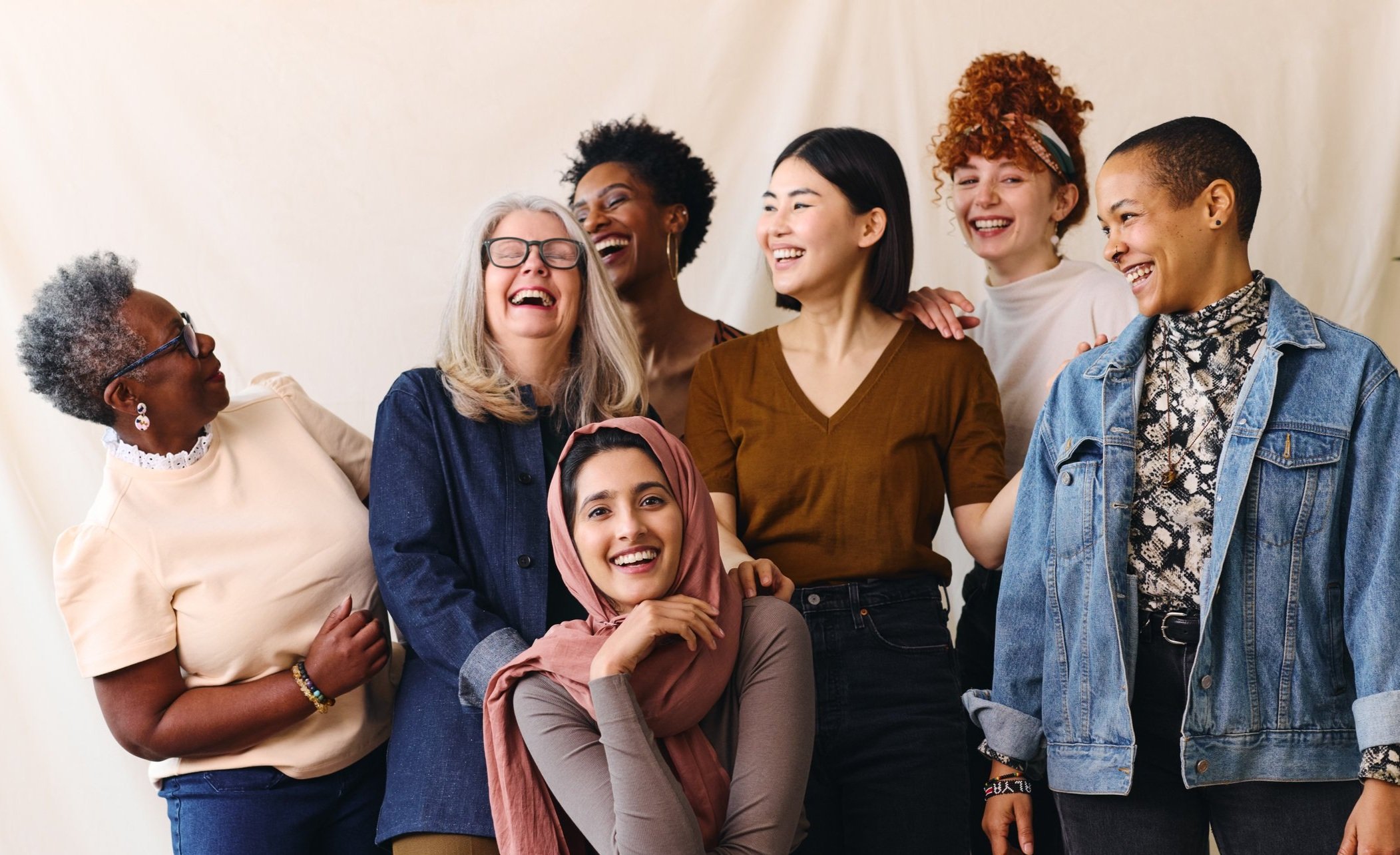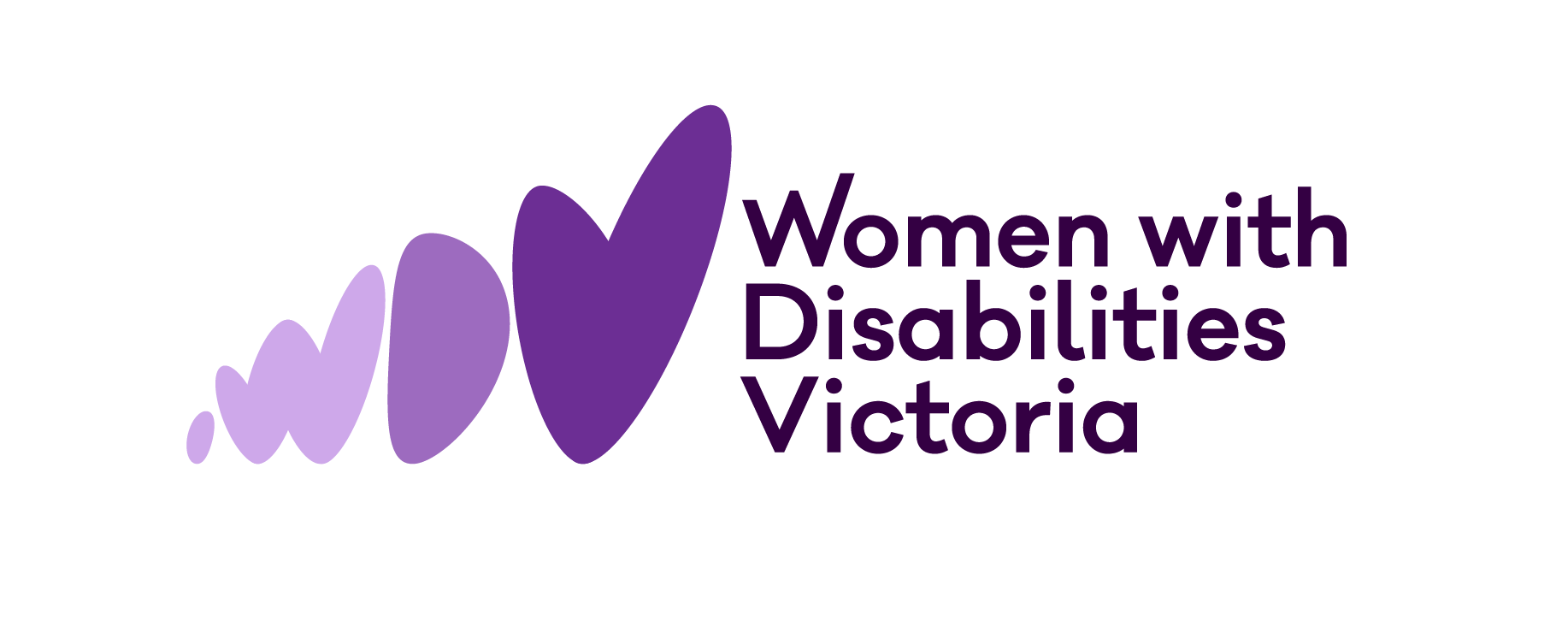
Working together for the health, safety and wellbeing of all Victorian women and gender diverse people
The Victorian Women's Health Services Network is a collective of 12 state government-funded women's health services.
We understand what health and wellbeing issues matter the most to women and gender diverse people, and support policy-makers and services to create a better, fairer health system.
This moves us closer to a world where all women and gender diverse people can access the health information, supports and services they need, whenever and wherever they need them.













